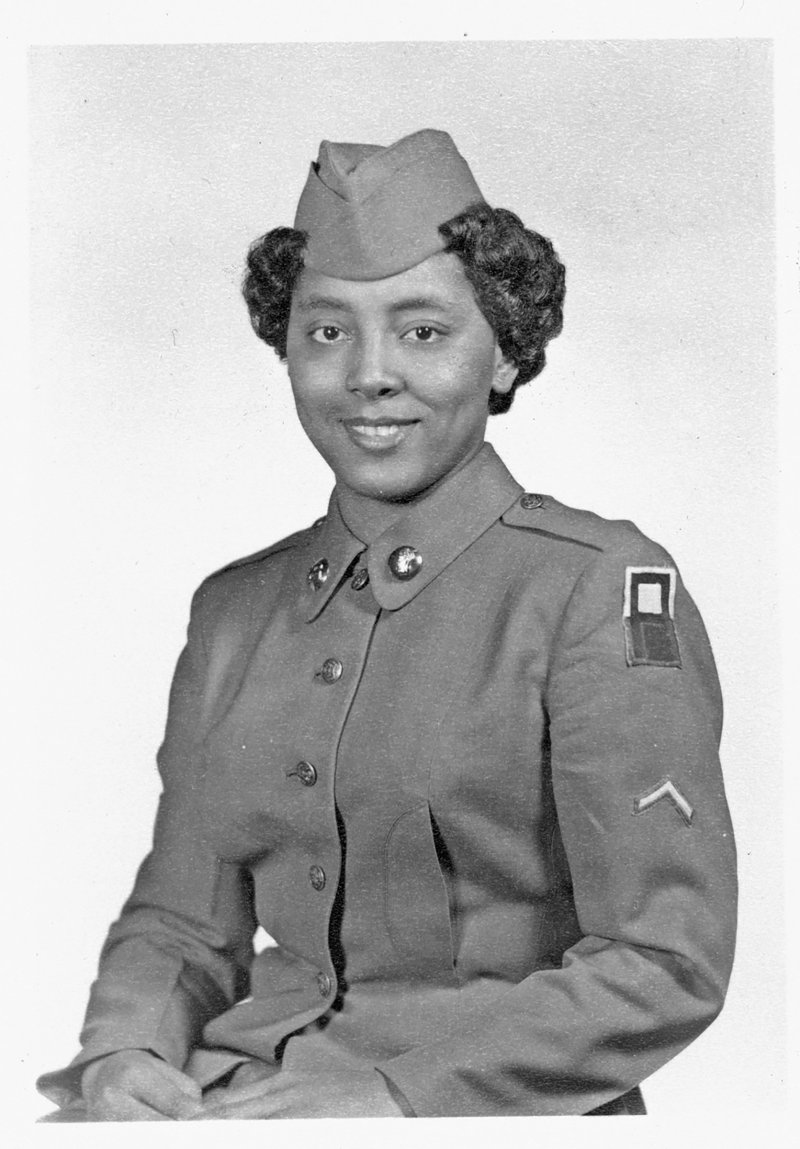
On Aug. 1, 1952, 23-year-old Black Women’s Army Corps Private Sarah Keys boarded a bus in Trenton, N.J. to travel to her home in Washington, N.C. for the first time since joining the military. When the bus stopped in Roanoke Rapids, N.C. just after midnight to change drivers, the new driver told Keys to give up her seat for a white Marine. She refused. As a result, everyone had to get off that bus and onto another one, except her. Then two policemen escorted her to jail, where she had a mattress so dirty she was afraid to sit down, so she stood all night in full uniform.
The next day she was released and fined $25 (about $240 today). With her family’s encouragement, she filed a complaint that resulted in the Interstate Commerce Commission (ICC) prohibiting segregation on interstate buses.
Sarah Keys’ travails have never received much publicity because six days after the ICC decision was released (Nov. 25, 1955, it took three years), Rosa Parks was arrested for the same offense in Montgomery, AL. Also, the ICC didn’t enforce its decision until 1961, when the so-called Freedom Riders faced violence as they rode interstate buses.
Now, 68 years later, Roanoke Rapids, N.C., and Halifax County celebrated August 1, 2020 as “Sarah Keys Evans Day.” The event included unveiling “Closing the Circle,” an eight-panel mural illustrating her ordeal. Evans, who took that name after her marriage in 1958, is now living in Brooklyn, N.Y. at age 91, although she was unable to attend the ceremony.
If we’re going to remember history, it’s important that we remember all of it, on all sides of an issue.
For more information, Including a picture of a mural panel, see “Years Before Rosa Parks, Sarah Keys Refused to Give Up Her Seat on a Bus. Now She’s Being Honored in the City Where She Was Arrested” by Olivia B. Waxman (https://time.com/5871245/sarah-keys-evans/?). The photo came from that site.
